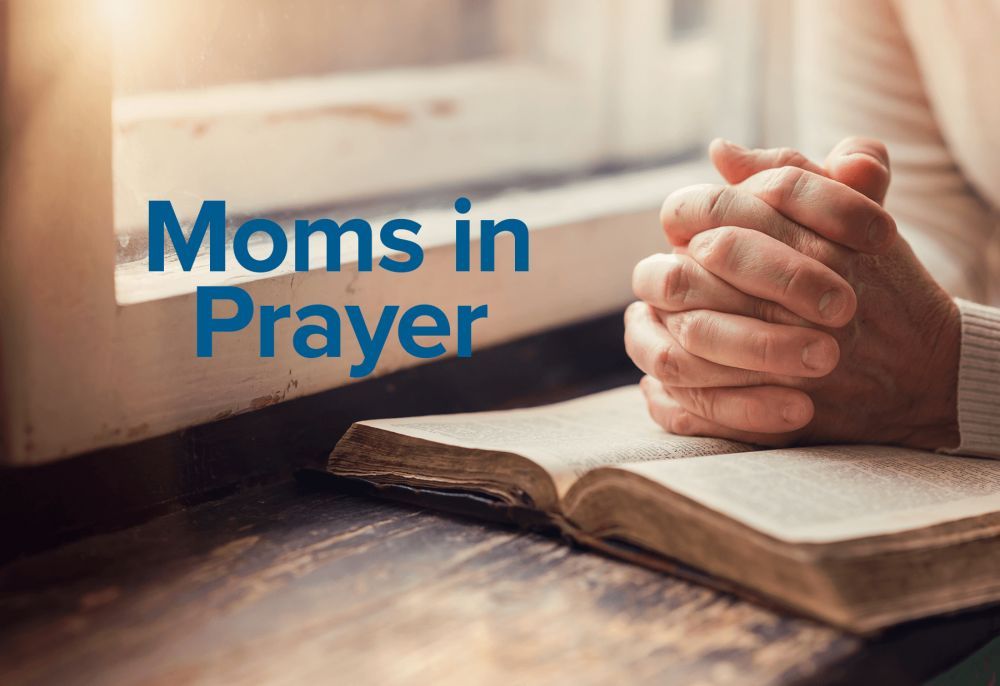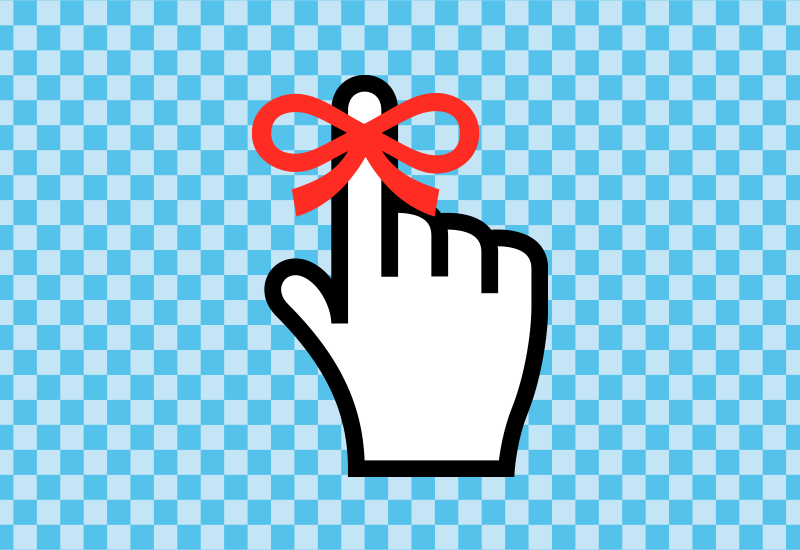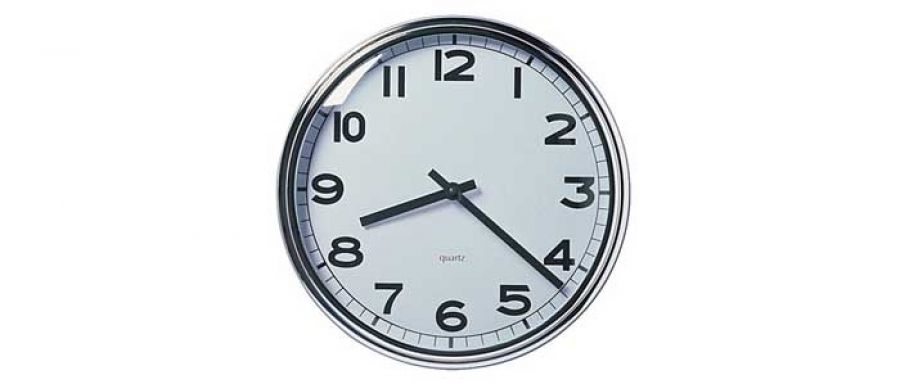Student
Handbook
Discipline
Discipline
PDS seeks to help boys grow in their character and values, so we intentionally hold high, age-appropriate standards for boys, individually and collectively, as they relate to behavior. We seek to foster a community characterized by, among other things, respect, integrity, compassion, kindness, and responsibility.
One of the greatest opportunities for fostering boys’ growth in this area is in discipline. While we as a school are fortunate to have boys who are generally well behaved, they, like adults, make mistakes, and we seek to discipline them in ways that hold them accountable for their mistakes, teach valuable life-long lessons, address the root causes of the behavior, offer them strategies and support for making better choices in the future, and uphold and promote our communal values. Though sometimes difficult in the short-run, discipline is a unique opportunity to grow a boy’s more lasting character and sense of responsibility and decision-making.
We also seek to discipline in a way that, rather than isolating a boy from his teachers and administrators, deepens those relationships and the sense of connection the boy has to the adult(s) while at the same time conveying to the boy that he is still loved despite his particular misbehavior. We strive to communicate clearly with parents and view any disciplinary situation as an opportunity for enhancing the parent-school partnership.
Inappropriate, disruptive or destructive behavior that negatively affects the student and/ or other students will not be tolerated. Violations of civil or criminal law, or any conduct which reflects negatively on the reputation of the school or is detrimental to the well-being of the student, may also result in disciplinary action.
Given the wide range of grades we serve and different ages of boys, the specific elements of discipline vary so that they will be age-appropriate, though we embrace the broad principles listed above. Your son’s teachers can let you know the specifics of their discipline plan. Most routine disciplinary matters are handled by a teacher, and the teacher should be the primary and initial contact for a parent about disciplinary matters. Should a boy not show improvement following correction from the teacher, the Principal of the Elementary Division (for boys in grades 1–6) or the Head of Early Childhood (for EC boys) will intervene, and should the boy still be unable or unwilling to conform to expectations, the Head of School will consider whether or not PDS is the appropriate school for the boy. At each of these three steps along the way (teacher, administrator, head of school), the school will seek to engage the parents about the boy’s difficulties and the school’s expectations, and the consequences and seriousness will grow. In the Elementary Division, these meetings are called Step 1, Step 2, and Step 3 meetings.
In the event, however, that a single action of a boy is of a serious enough nature, the Head of Early Childhood, Principal of the Elementary Division or Head of School may be involved from the outset, and the consequences may be more significant from the beginning. PDS reserves the right to suspend or dismiss from school any student if such suspension or expulsion is necessary to protect the best interest, integrity, or welfare of the school, including the health and well-being of other students, faculty, or staff. The school may dismiss a student whose behavior unfairly damages the learning or social/emotional environment to which other students are entitled.





